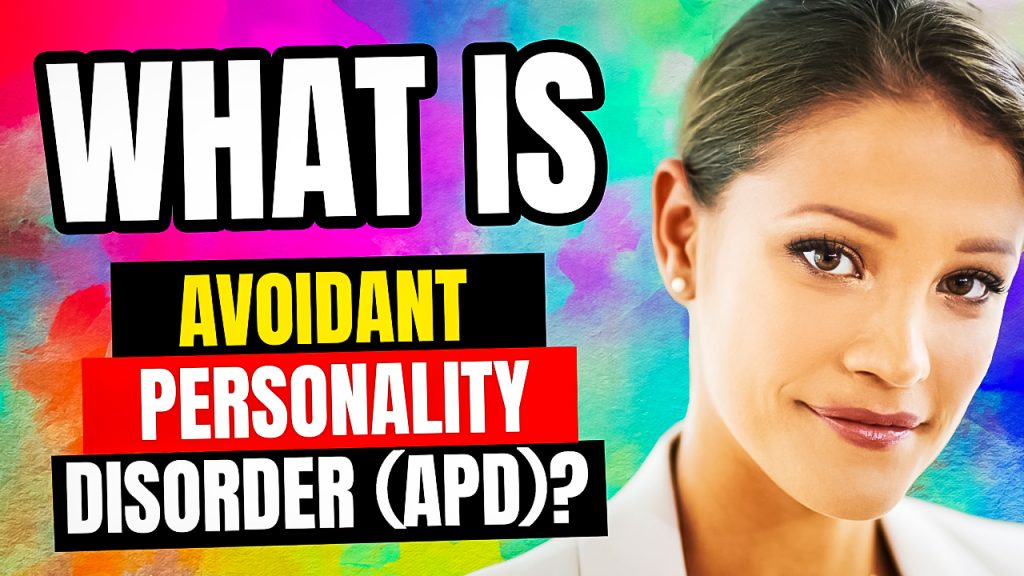
Avoidant Personality Disorder (APD) is a mental health condition characterized by feelings of extreme shyness, social inhibition, and inadequacy. It is a Cluster C personality disorder in the Diagnostic and Statistical Manual of Mental Disorders, Fifth Edition (DSM-5) and affects approximately 1% of the general population. Individuals with APD tend to avoid social situations and interaction with others, which can cause significant distress and impair their ability to function in everyday life.
The symptoms of APD can be grouped into three main categories: social inhibition, feelings of inadequacy, and hypersensitivity to criticism or rejection.
Social inhibition refers to the avoidance of social situations due to feelings of extreme shyness and fear of negative evaluation. Individuals with APD may avoid attending social gatherings, speaking in public, or meeting new people. They may also avoid engaging in activities that require teamwork or collaboration.
Feelings of inadequacy refer to a pervasive sense of self-doubt and low self-esteem. Individuals with APD may feel inferior to others, believe that they are not good enough, and fear being exposed as a fraud or a failure. They may also avoid taking risks or pursuing new opportunities because of their fear of failure.
Hypersensitivity to criticism or rejection refers to the extreme emotional reactions that individuals with APD have to perceived criticism or rejection. They may feel devastated by even minor criticisms or rejections, and may interpret neutral or positive feedback as negative or critical.
The exact causes of APD are not fully understood, but research suggests that both genetic and environmental factors may play a role. Studies have shown that individuals with APD tend to have a family history of anxiety disorders, mood disorders, and personality disorders. Additionally, individuals who experience traumatic or stressful events during childhood, such as abuse, neglect, or social rejection, may be more likely to develop APD.
Diagnosis of APD typically involves a comprehensive clinical evaluation by a mental health professional, who will assess the individual’s symptoms, medical history, and family history. There are no laboratory tests or imaging studies that can diagnose APD.
Treatment of APD typically involves a combination of psychotherapy and medication. Cognitive-behavioral therapy (CBT) is a commonly used form of psychotherapy for APD, which helps individuals to identify and challenge negative thought patterns and behaviors that contribute to their social anxiety and avoidance. Medications, such as antidepressants and anti-anxiety medications, may also be prescribed to help alleviate symptoms of anxiety and depression.
The prognosis for individuals with APD varies depending on the severity of their symptoms and the effectiveness of treatment. With appropriate treatment, many individuals with APD are able to improve their social skills and reduce their avoidance of social situations. However, some individuals may experience ongoing social anxiety and avoidance, which can have a negative impact on their quality of life.
In conclusion, APD is a mental health condition that is characterized by extreme shyness, social inhibition, and feelings of inadequacy. Individuals with APD tend to avoid social situations and interaction with others, which can cause significant distress and impair their ability to function in everyday life. The causes of APD are not fully understood, but both genetic and environmental factors may play a role. Treatment for APD typically involves a combination of psychotherapy and medication, and the prognosis for individuals with APD varies depending on the severity of their symptoms and the effectiveness of treatment.
This Post is Brought To You By BetterHelp